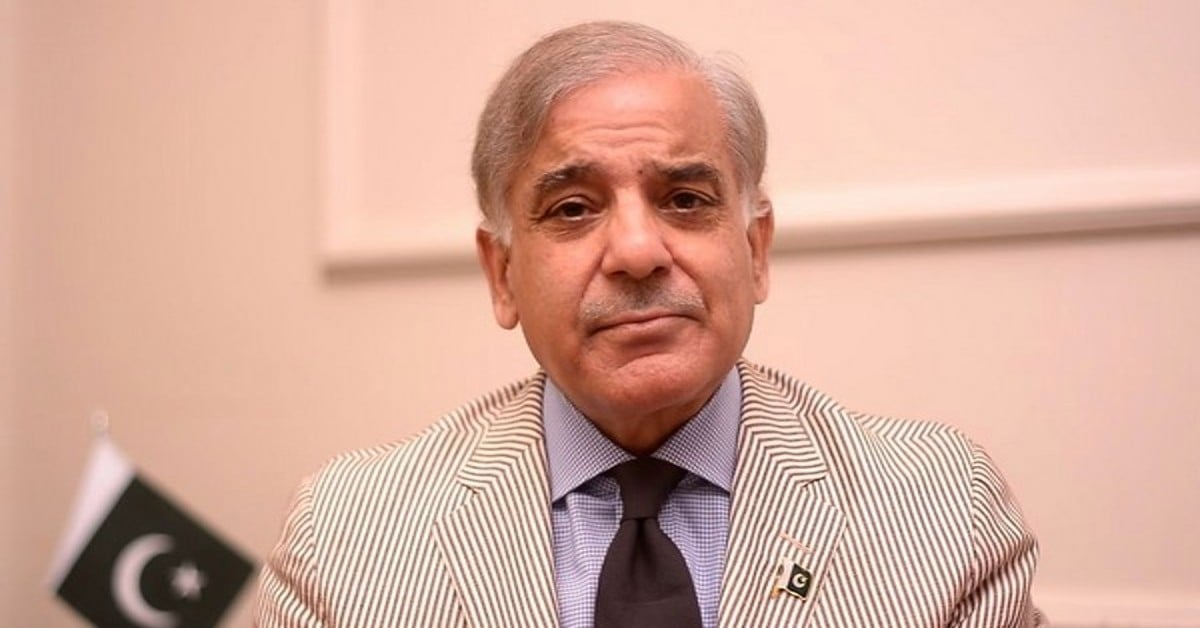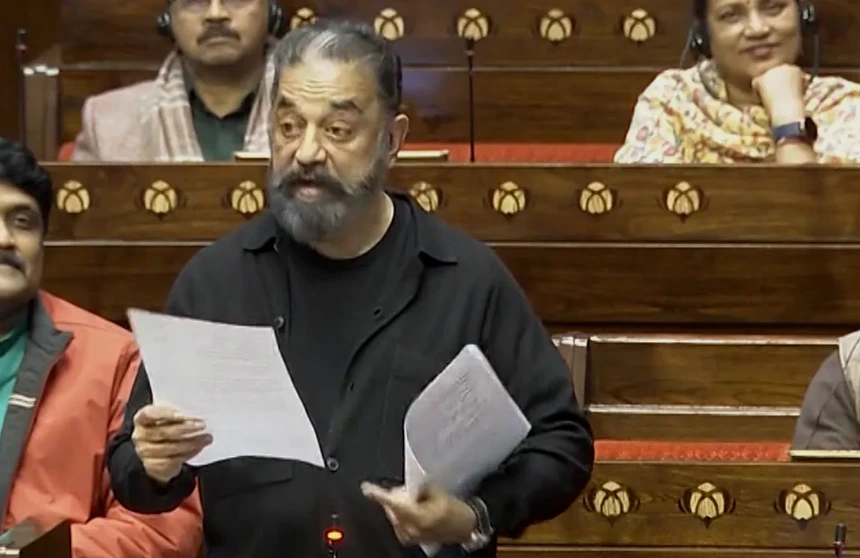Latest world news
Let it go…: Ukraine’s little girl sings Frozen song in bunker, video goes viral | WATCH
Amelia received notes of encouragement from the song’s original vocalist Idina Menzel and composer Kristen Anderson-Lopez after her charming performance that was reposted millions of times across various social media sites.

Latest world news
Pakistan faces domestic backlash after India secures lower tariffs in US trade deal
India’s US trade agreement has sparked criticism in Pakistan after Islamabad ended up with higher tariffs despite sustained outreach to Washington.
Latest world news
New Delhi free to buy oil from any source, Russia says amid US deal claims
Russia has said India is free to purchase oil from any country, dismissing claims that New Delhi has agreed to stop buying Russian crude under a US trade deal.
Latest world news
Moscow says no word from India on stopping Russian oil purchases
Russia says it has received no confirmation from India on stopping Russian oil purchases, despite Donald Trump’s claim that the move was part of a new India-US trade deal.
-

 Latest world news19 hours ago
Latest world news19 hours agoPakistan faces domestic backlash after India secures lower tariffs in US trade deal
-

 Cricket news19 hours ago
Cricket news19 hours agoPakistan PM Shehbaz Sharif confirms boycott of India match at T20 World Cup
-

 Latest world news20 hours ago
Latest world news20 hours agoNew Delhi free to buy oil from any source, Russia says amid US deal claims
-

 India News15 hours ago
India News15 hours agoManipur Assembly to meet at 4 pm today, floor test likely under new chief minister
-

 India News10 hours ago
India News10 hours agoPM Modi accuses Congress of anti-Sikh bias over Rahul Gandhi’s ‘traitor’ remark
















